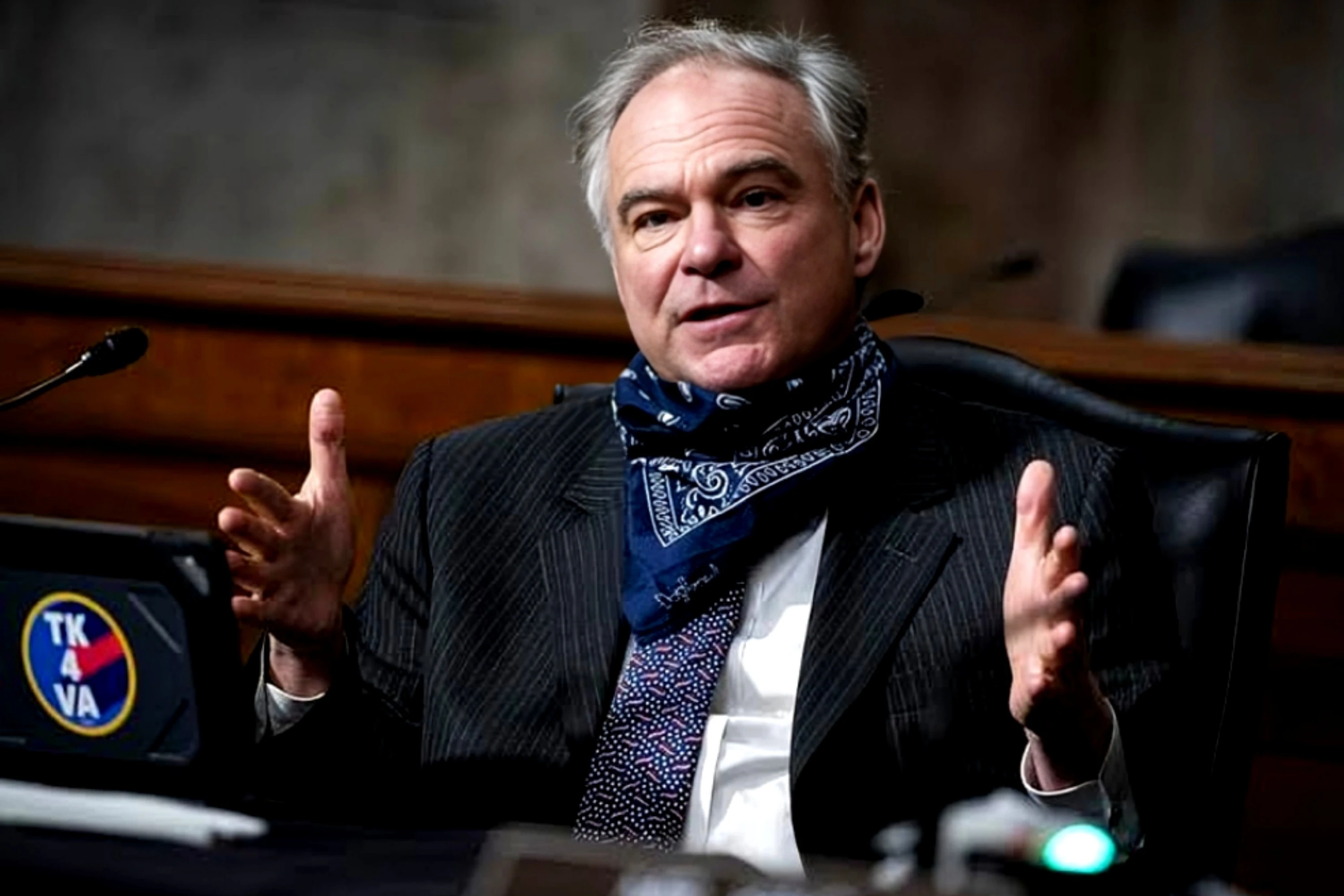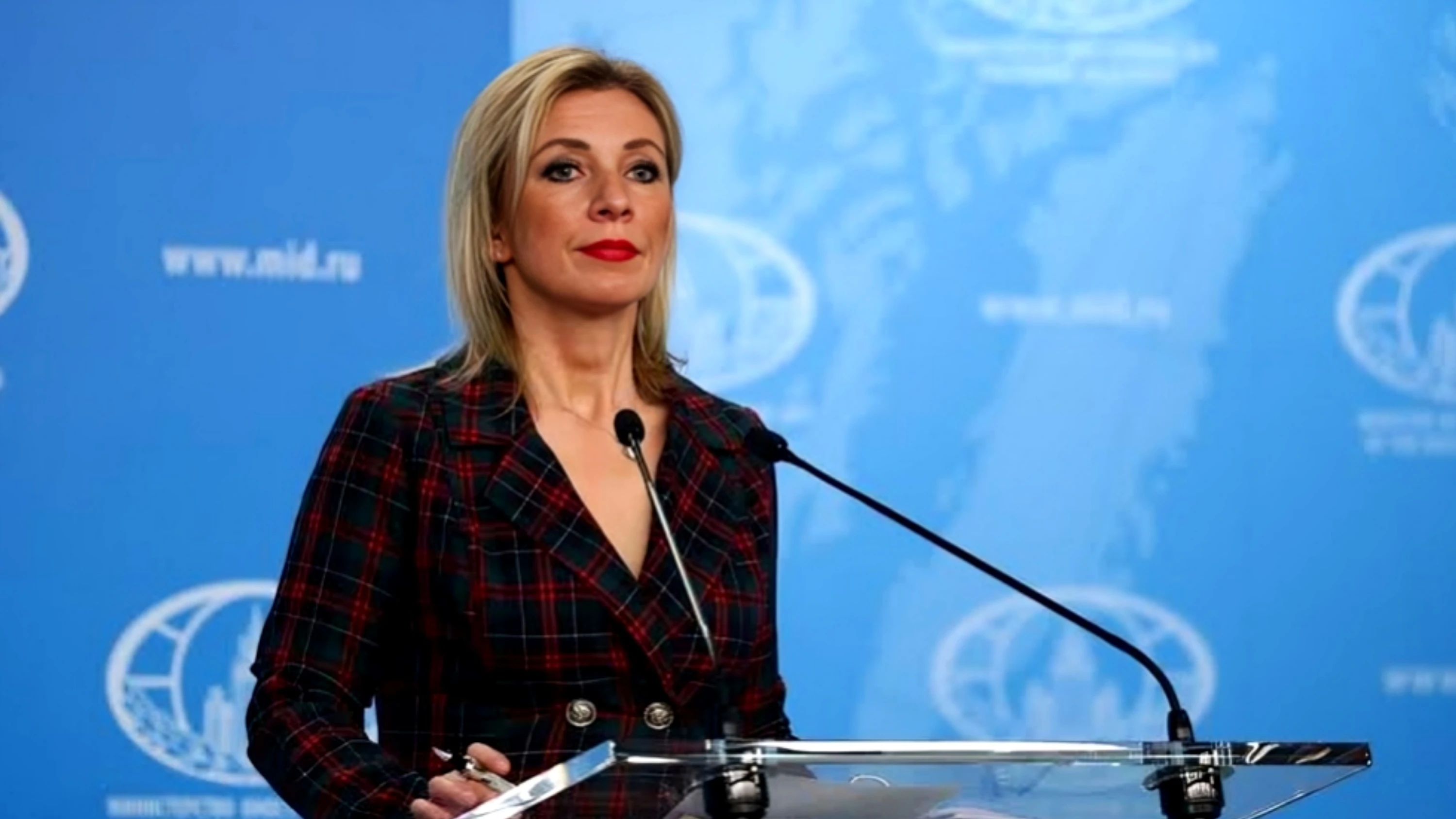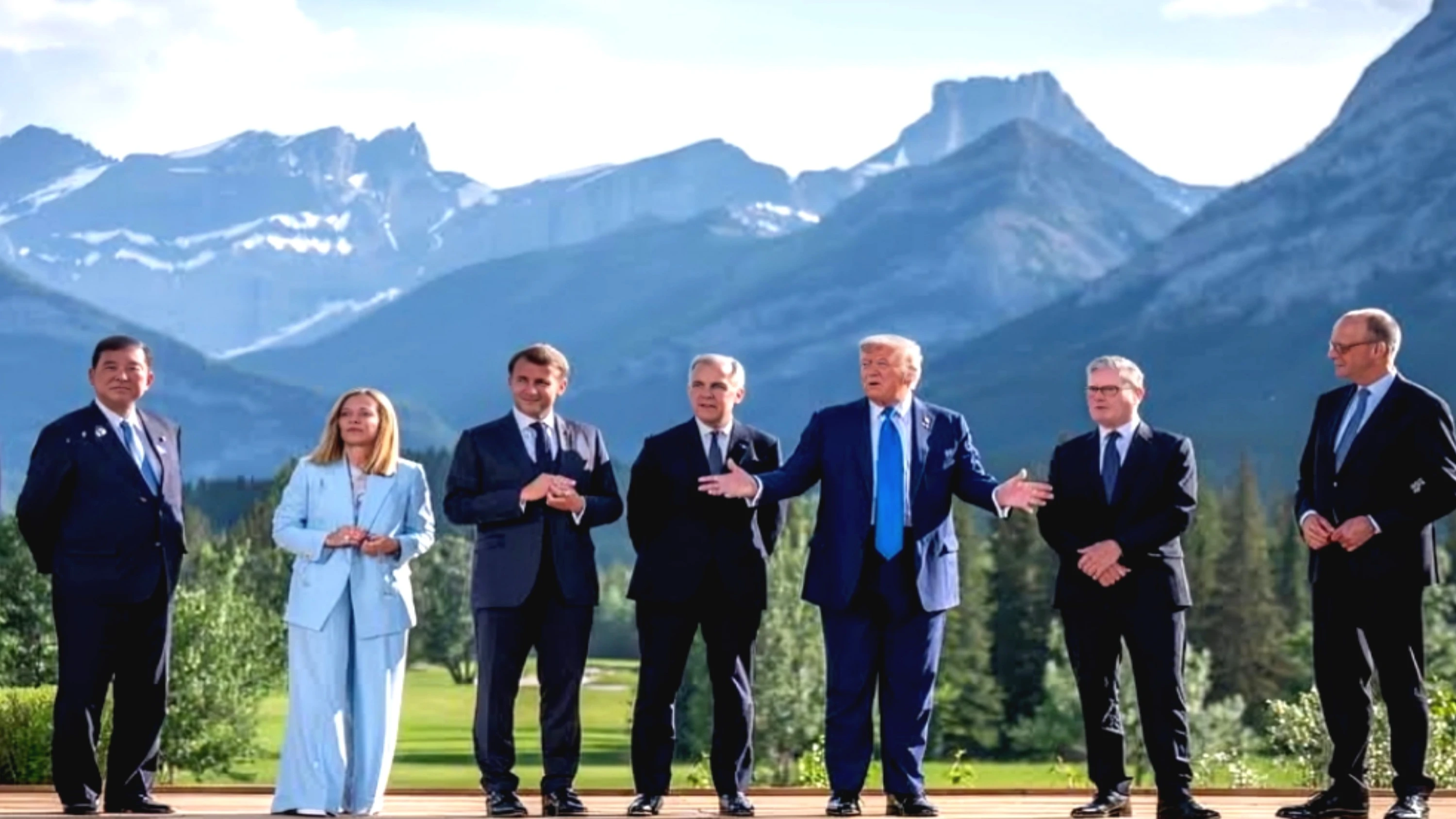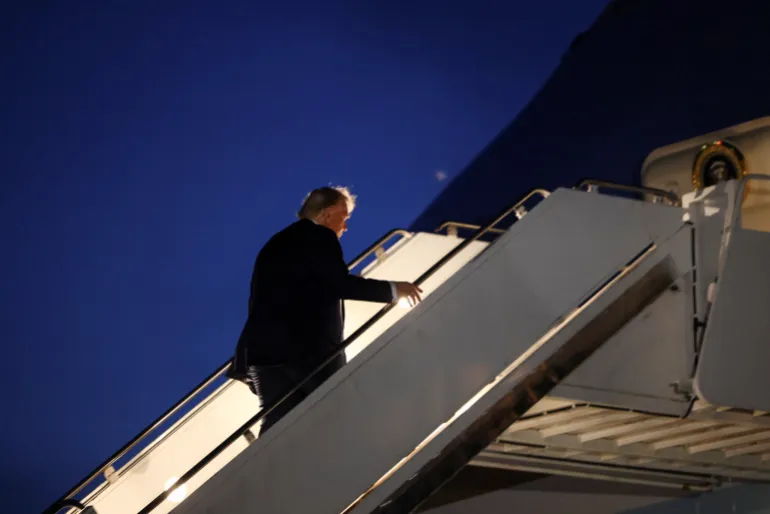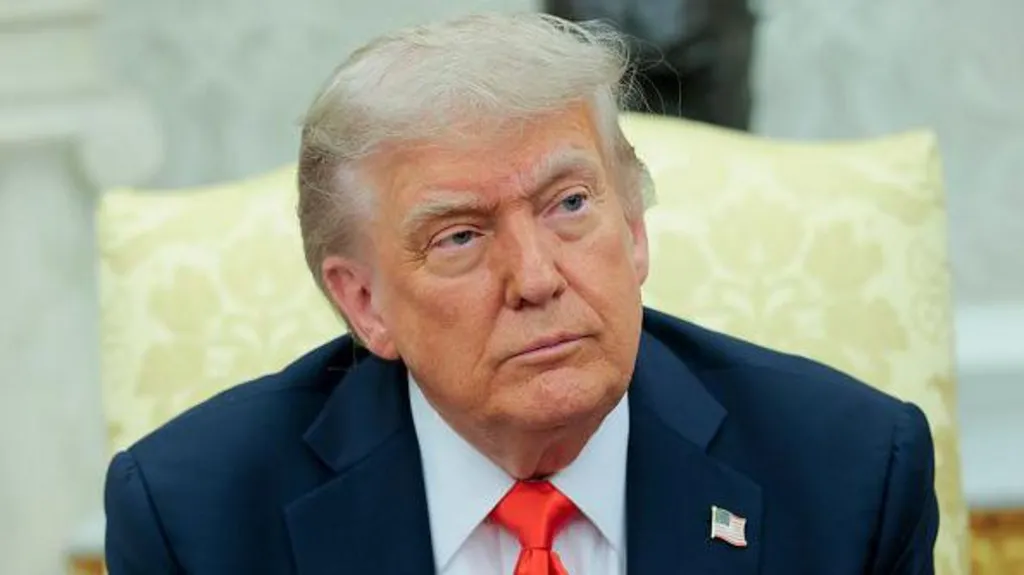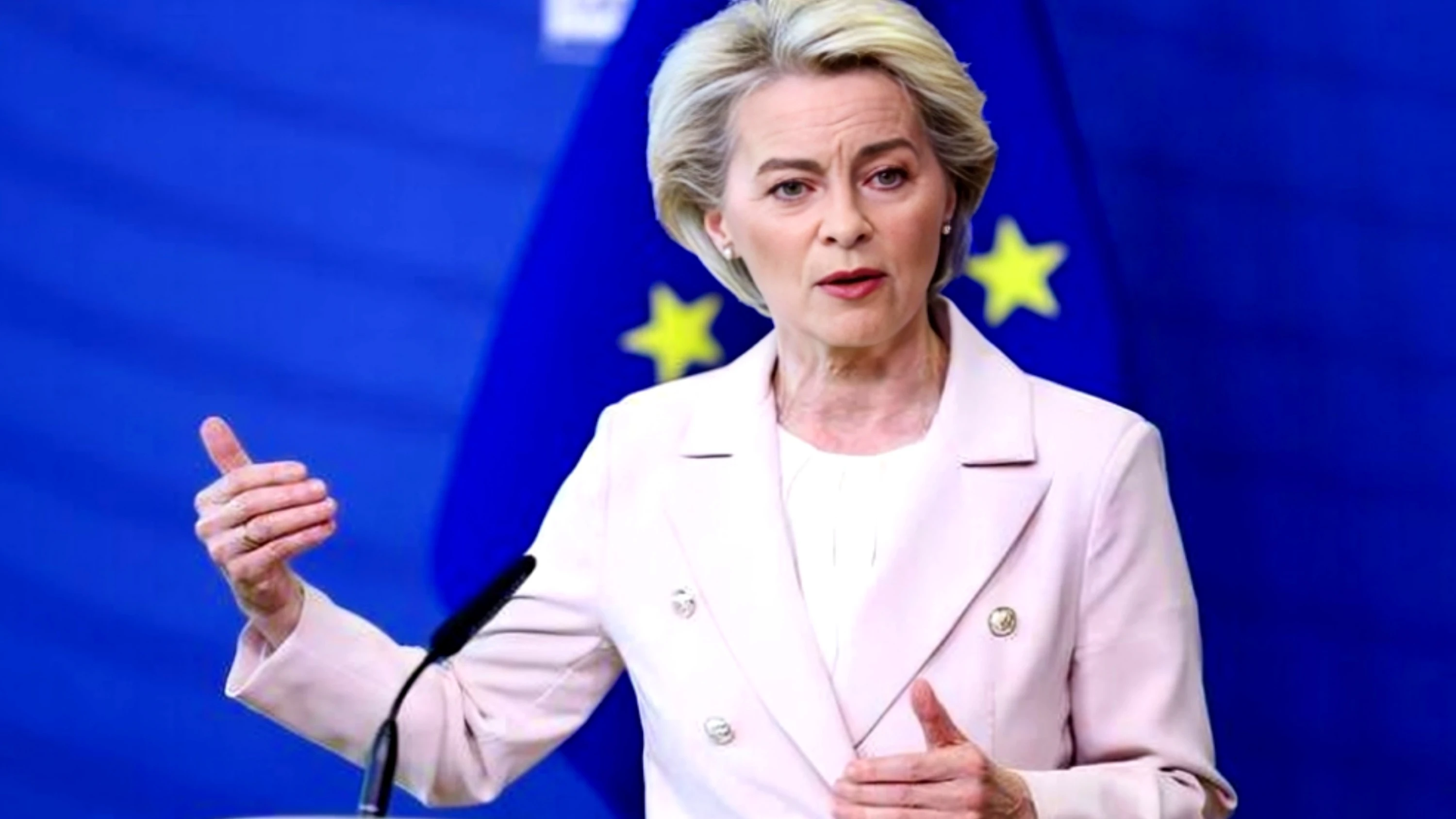Washington: U.S. President Donald Trump has warned that Iran could face unprecedented bombing if a nuclear deal is not reached. Speaking in an interview with NBC News on Sunday, Trump stated, "If they (Iranian officials) do not make a deal, there will be bombing—bombing like they have never seen before."
The president further suggested that in the absence of an agreement, he might impose additional tariffs on Iran, similar to those enforced four years ago.
For weeks, the U.S. has been pressuring Iran to negotiate a nuclear deal. Earlier this month, Trump told Fox News that he had sent a letter to Iran’s Supreme Leader Ayatollah Ali Khamenei, inviting negotiations. At the time, Trump emphasized his preference for reaching an agreement with Iran.
According to Iran’s state news agency IRNA, Iranian President Masoud Pezeshkian confirmed that Iran had informed the U.S. of its willingness to engage in indirect negotiations. During a cabinet meeting, Pezeshkian stated, "Iran has never rejected negotiations, but trust has been damaged due to broken promises from the other side."
Iran has refused direct talks but has kept indirect communication open. The Iranian government spokesperson, Fatemeh Mohajerani, reaffirmed on social media that indirect negotiations remain on the agenda and diplomatic efforts are ongoing.
Iran’s Foreign Ministry confirmed that Tehran responded to the U.S. letter, which was delivered via a UAE diplomat on March 12. However, both Iranian and U.S. officials have refrained from disclosing details. The Iranian ministry emphasized that discussions and correspondence would remain confidential as long as they align with national interests.
Iranian Foreign Minister Abbas Araghchi noted that Trump's letter contained threats and efforts to initiate diplomatic dialogue. He asserted that Iran would not tolerate threatening language against its people. Meanwhile, Iranian Parliament Speaker Mohammad Bagher Ghalibaf warned that if the U.S. acts on its military threats, its regional bases and allies would also be at risk.
Supreme Leader Ayatollah Ali Khamenei has also dismissed direct negotiations with the U.S., labeling them as unwise.
Republican Senator Lindsey Graham expressed hope that Trump would resolve the issue diplomatically. Meanwhile, Iran continues its nuclear discussions with three European nations—Britain, France, and Germany—in Geneva, with reports suggesting technical progress. However, details remain undisclosed, fueling speculation and varied interpretations.
At present, all parties seem intent on maintaining diplomatic engagement while limiting public discourse on the negotiations.



